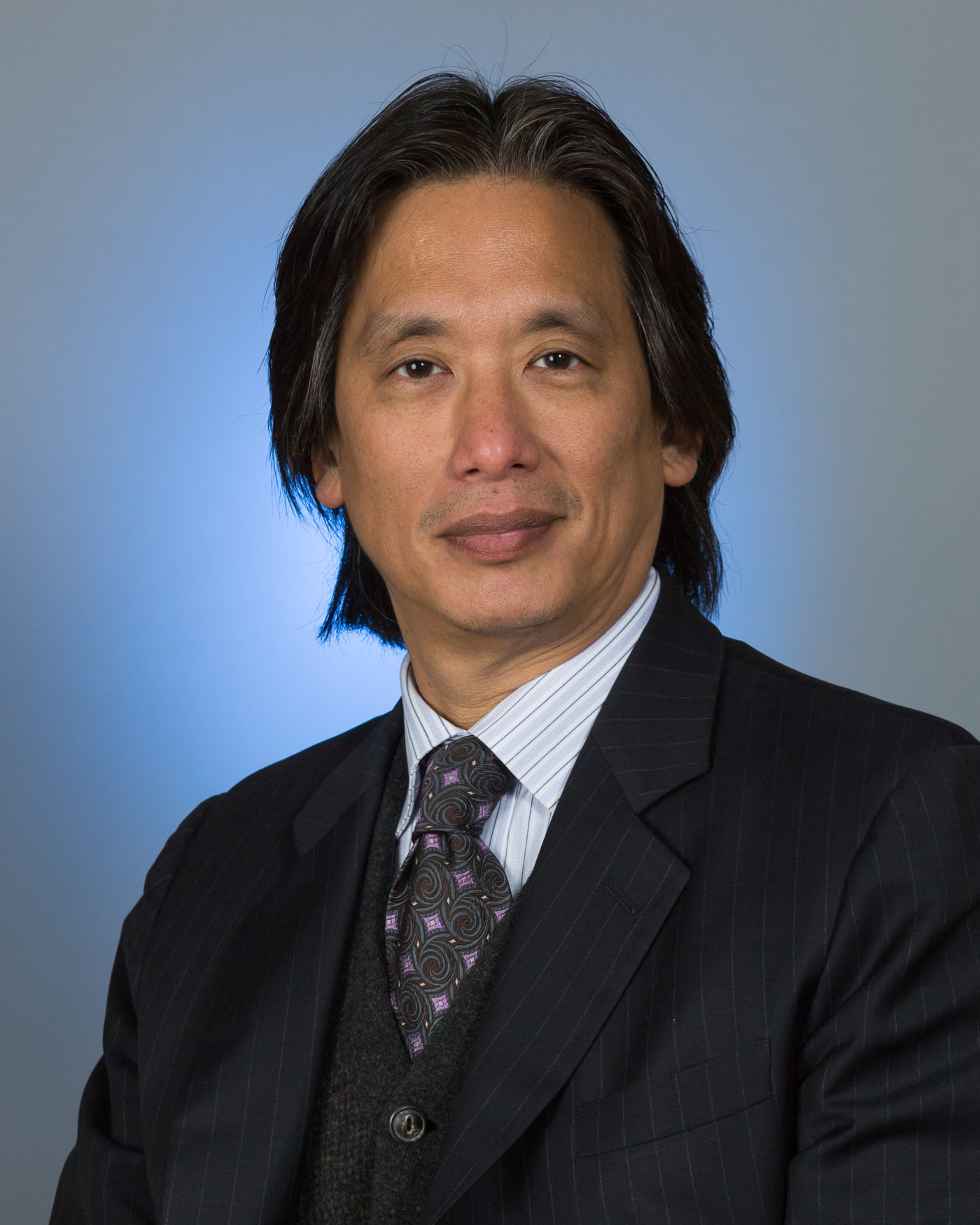Recently, Dr. Anthony Chang, Chief Intelligence and Innovation Officer at CHOC, was joined by two physicians from other leading institutions in pediatric healthcare to discuss pediatric care innovations at a webinar hosted by U.S. News & World Report.
U.S. News & World Report is a recognized leader in education, healthcare and automotive rankings. CHOC is recognized as a Best Children’s Hospital in U.S. News & World Report’s 2021-22 rankings. CHOC ranked in seven specialties: cancer; diabetes and endocrinology; neonatology; neurology and neurosurgery; orthopedics, pulmonology and lung surgery; and urology.

In the webinar titled, “Pediatric Care Innovations That Work,” Dr. Chang was joined by Dr. Howard Weiner, Chief of Neurosurgery at Texas Children’s Hospital and Dr. Rahul Shah, Senior Vice President, Hospital-Based Specialties Center at Children’s National Hospital.
Kim Castro, editor and chief content editor at U.S. News and World Report, facilitated a conversation about how the COVID-19 pandemic sparked healthcare leaders to adapt, collaborate and think creatively to improve and advance pediatric health care in years to come.
COVID-19 prompts change
The COVID-19 pandemic caused many challenges for health care providers like the slow dissemination of research and treatment strategies for the illness; healthy equity; provider burnout; and lack of resources.
However, several positive changes were sparked by the pandemic. One of which was the increased communication between pediatric hospitals. Dr. Chang mentioned that he was able to share best practices and discuss early research findings on the impact of various COVID-related strategies with colleagues from around the globe. Dr. Weiner appreciated being able to jump on a HIPAA-compliant video conference with referring hospitals to collaborate on patients’ care.
A need for medical innovation and intelligence
“COVID-19 broke the innovation ceiling,” says Dr. Chang.
With so many processes turned upside down by the pandemic, the healthcare industry was forced to innovate and think creatively. But in this case, rather than referring to innovation in terms of new technology and devices, Dr. Chang describes innovation as a philosophical shift from providers working in silos to working together. Providers need to take advantage of artificial intelligence and clinical research to disseminate data and research quickly, he says, especially for public health emergencies like the COVID-19 pandemic.
Unfortunately, many providers became burned out because of the lack of resources, long hours, difficult work and uncertainty caused by the pandemic. This was the first time that providers had to face the risk of losing their lives at their job, says Dr. Weiner. Provider burnout caused many to leave the medical profession during the pandemic, but fortunately, there has also been a record number of students entering medical school.
Dr. Chang says that providers have a great opportunity to set the next generation up with innovative technology and ideas, while also having the opportunity to learn from them.
With COVID uprooting many of the processes for health care, Dr. Chang says that many providers are more liberated than ever before. Instead of solving problems, providers are seeking problems. Instead of fixing what the pandemic many have broken, providers are asking why a process was set up in the first place.
“I believe that the next 25 years of medicine will be the best ever as health care leaders embrace an innovative mindset and access the technology that is available to them,” says Dr. Chang.
Expert, wholistic and equal care for all children
For the first time since World War II, the life expectancy of the upcoming generation will be shorter than the last, says Dr. Chang. This is a public health emergency, and all children deserve access, equity and expert care. There’s a great need for innovation and intelligence in the primary care sphere. Pediatric providers are accountable for the wholeness of children’s health, not just their surgeries. That’s why many children’s hospitals are shifting to health care systems.
In this same way, health care systems — both nationally and globally — need to work together to activate artificial intelligence and information technology to provide accessibility to the best care practices for all children.
Watch the full webinar here:
Learn more about medical intelligence and innovation at CHOC




